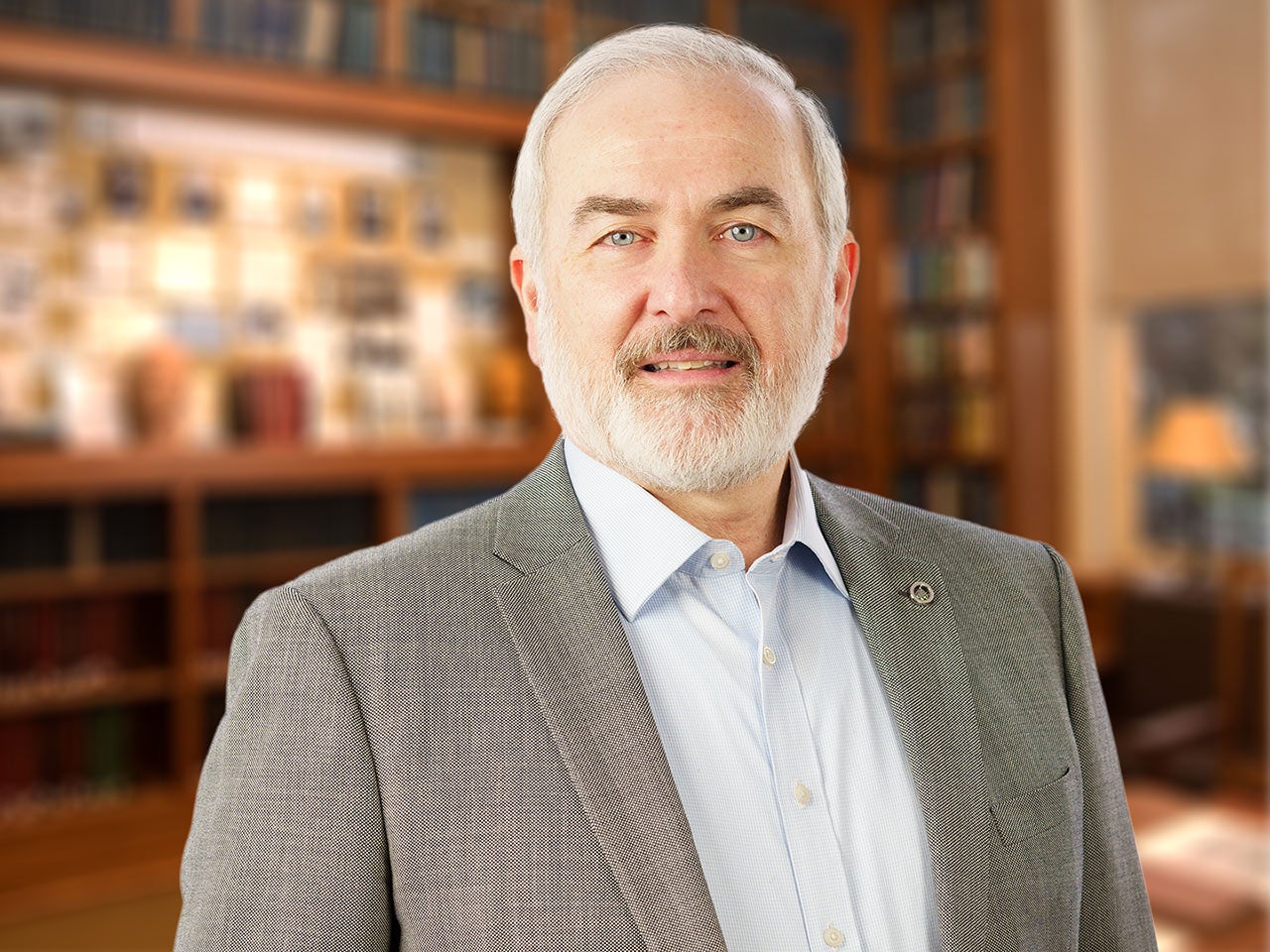Nature Structural & Molecular Biology publishes “The gene encoding the splicing factor SF2/ASF is a proto-oncogene”
New results in the field of RNA research establish that the RNA splicing factor SF2/ASF can act as a cancer-causing protein by changing the alternative splicing of other genes critical for growth-control of cells. “Regulating the level of SF2/ASF in cells impacts tumor growth, making it a new potential target for cancer therapy,” said Cold Spring Harbor Laboratory (CSHL) professor Adrian Krainer.
In humans and most other organisms, the RNA splicing process ensures proper protein production. Alternative splicing adds an important twist to this process that can change the precise course of protein production and lead to the generation of altered proteins with very different properties. In the worst case, these variant proteins can cause cancer.
Krainer’s team found abnormally high levels of a particular splicing factor, SF2/ASF, in a variety of human cancers, particularly of the colon, lung, and breast. The research team was able to engineer non-cancerous mouse cells to produce this splicing factor in excess and found that these cells became cancerous. Conversely, when they reduced this protein in a cell line derived from a human lung tumor, the cells became non-cancerous.
The results identify many specific genes whose patterns of RNA splicing were altered when the splicing factor was produced in excess. Critical among these was a gene encoding a protein kinase that controls cell growth and protein synthesis. The Krainer team’s research shows that a novel variant of this kinase, S6K1, can make cells cancerous and appears to be required to maintain some tumor cells in a cancerous state.
Written by: Communications Department | publicaffairs@cshl.edu | 516-367-8455
Citation
The paper’s full citation is as follows: Rotem Karni, Elisa de Stanchina, Scott W. Lowe, Rahul Sinha, David Mu and Adrian R. Krainer.
The research results are available online before they are allocated to the March 2007 print issue of Nature Structural & Molecular Biology by adding the digital object identifier (DOI) for this paper 10.1038/nsmb1209 to the following URL: http://dz.doi.org/.
Principal Investigator

Adrian R. Krainer
Professor
St. Giles Foundation Professor
Cancer Center Program Co-Leader
Ph.D., Harvard University, 1986